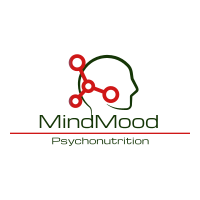Whilst emotional resilience relates to our ability to overcome life challenges with a positive outlook, mental resilience relates to our cognitive function, where focus and attention, flexibility and interpreting multiple points of view can be included.

In what ways does your cognitive function help develop your mental resilience?
1. Focus & attention
Being focused or attentive means being in the here and now. Living or constantly thinking about the past or future can be conducive to increased stress, anxiety and happiness.
HOW?
Practicing mindfulness through mindful breathing, relaxation, sensory focusing, grounding and gratitude – breath, stand still, smell, taste, hear or touch.
2. Mental flexibility
The ability to respond and approach situations in different ways and to be able to adapt to change. Mental flexibility can help us to become better listeners and observers and more skilled in finding a solution(s) to overcome challenges.
HOW?
Reflecting on your behaviours, habits and routines – are they truly conducive to our health and wellbeing? Are you keen to change certain behaviours or routines? Can you become more flexible and less in control? Can you not aim for perfection but instead for “realistic flexibility or goals”? Can you learn from things that haven’t gone as you planned?

3. Integrating multiple points of view
The ability to see life and adversities from multiple angles, putting things into perspective and “seeing the bigger picture”.
HOW?
Engaging in dialogue with others and showing an interest to listen to their opinions; reflecting and challenging our own ideas and perceptions; engaging in creative activities, and practicing compassion and empathy towards ourselves and others.
If you need support building up your mental resilience, get in touch and let’s talk.




